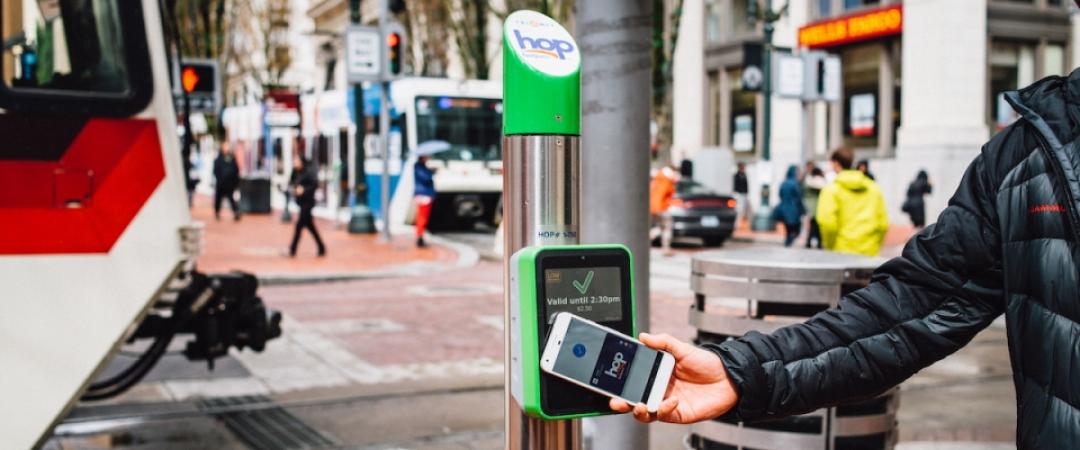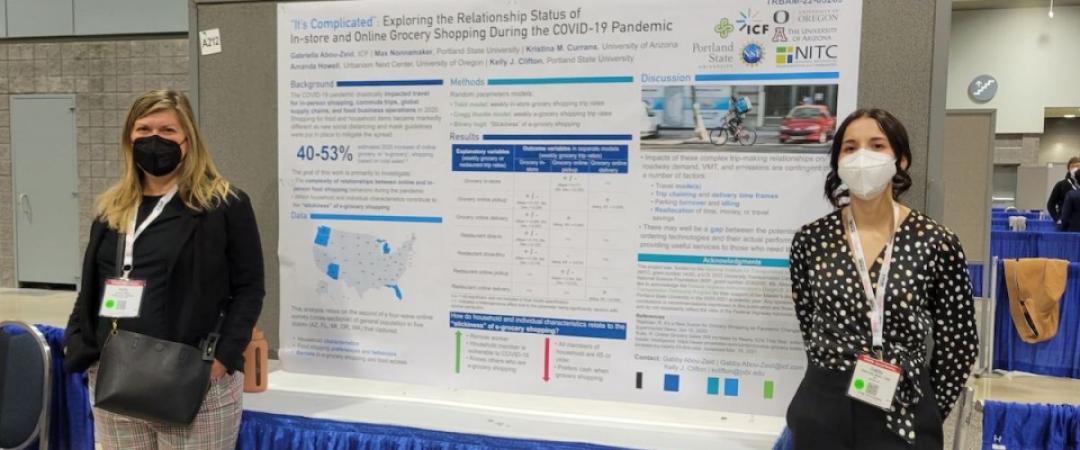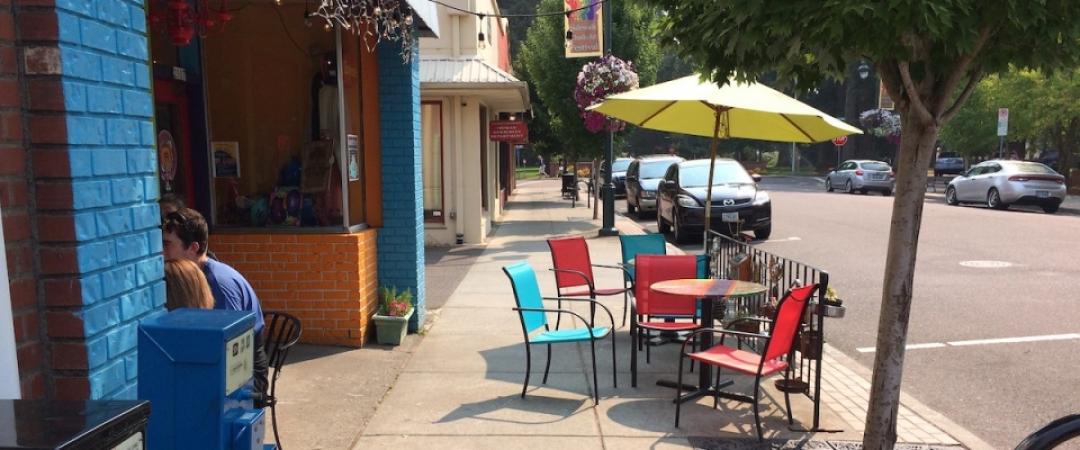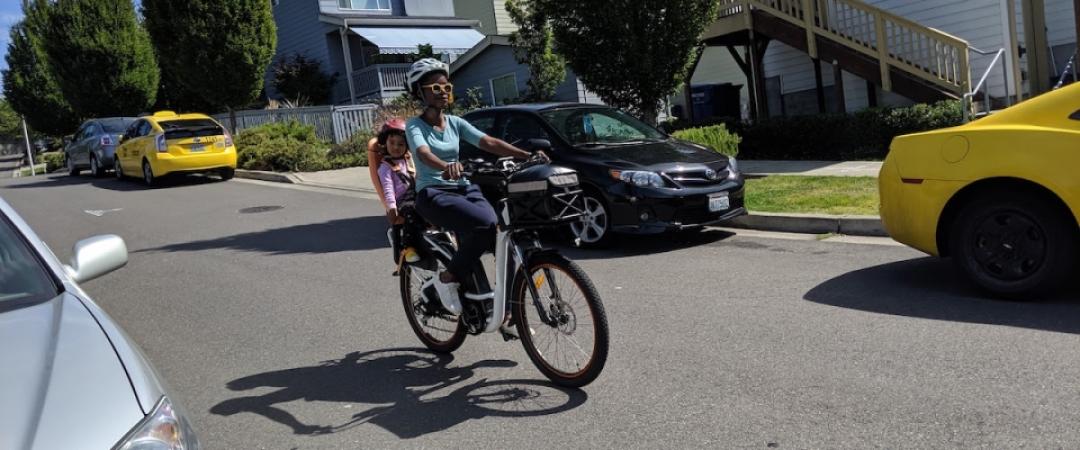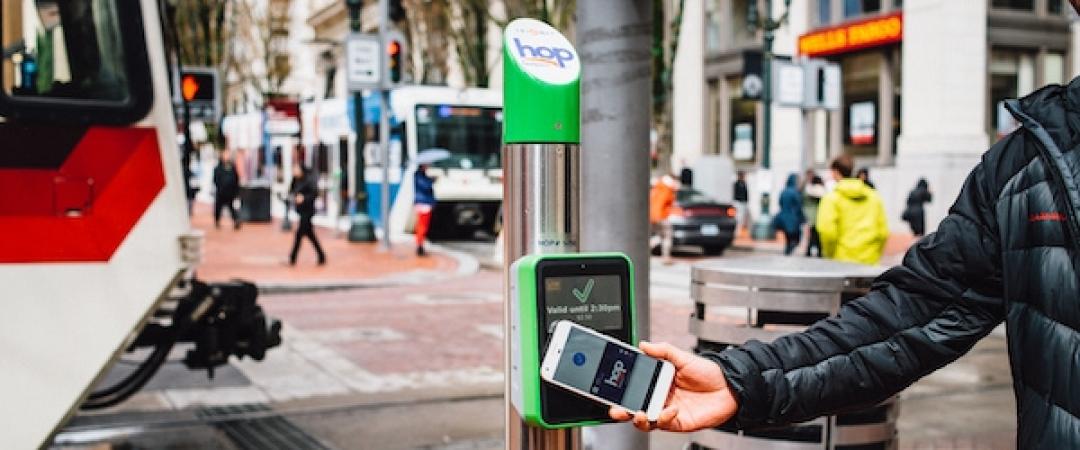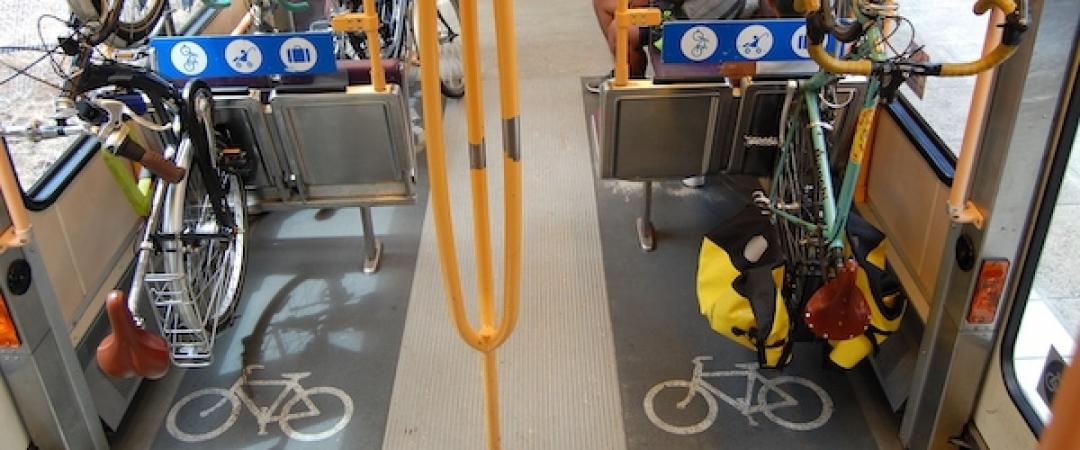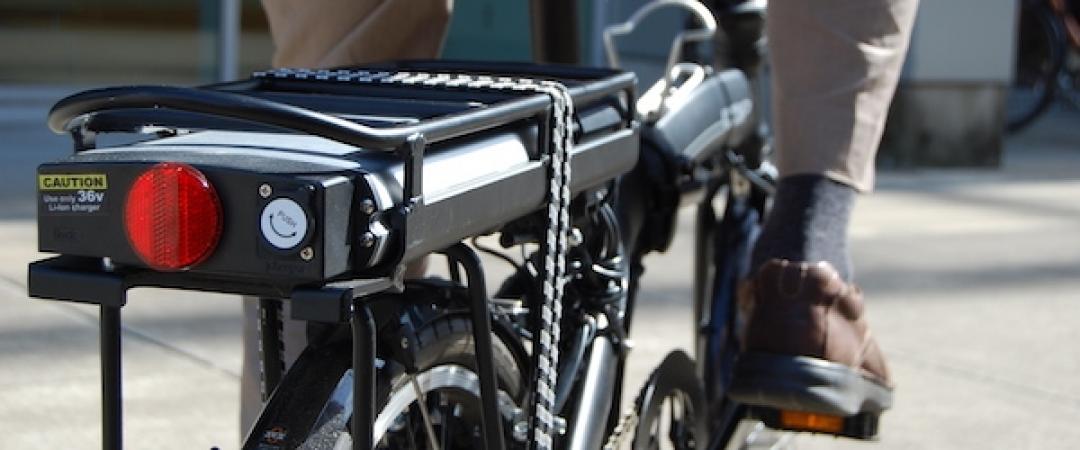Researchers Aaron Golub, John MacArthur and Sangwan Lee of Portland State University, Anne Brown of the University of Oregon, and Candace Brakewood and Abubakr Ziedan of the University of Tennessee, Knoxville have published a new journal article in the September 2022 volume of Transportation Research: Interdisciplinary Perspectives.

